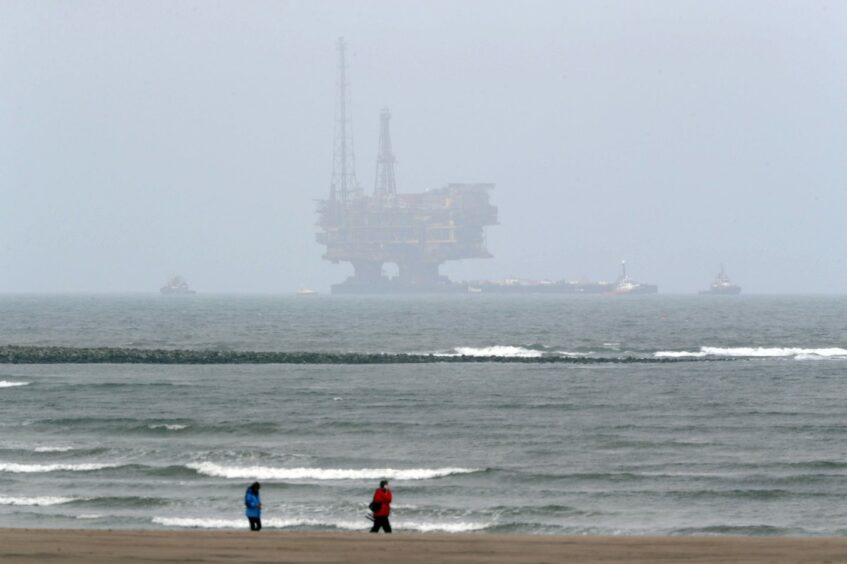
Shell paid net taxes of just £6.5m on its UK operations last year, as hefty rebates for decommissioning expenses helped offset the bulk of its windfall tax payments.
In its 2022 Payments to Governments filings – released alongside its wider Sustainability Report on Tuesday – the supermajor revealed its UK business received just shy of $42 million (£34m) in rebates last year.
That compares with just under $50m (£40.5m) paid in taxes, including the first tranche of cash owed by the group as part of the government’s Energy Profits Levy (EPL).
Speaking during its recent annual results, Shell’s chief financial officer Sinead Gorman said the company paid over “$100 million of cash tax” as a result of the levy last year.
A spokesman for Shell today confirmed its total UK cash tax liability for 2022 amounted to some $134m (£109m), to be paid in two instalments. Around $57m was paid in 2022, with a further balance of $77m to be paid this year.
Liabilities are expected to rise to more than $500m for 2023 due to the hike in the EPL following the Autumn Budget, Ms Gorman said last month.
Tuesday’s report shows Shell paid a total of just under $18m (£14.6m) on its UK operations last year, including over $8m (£6.5m) in net taxes due to HMRC, and $9.9m (£8m) in fee payments to the North Sea Transition Authority (NSTA) and Crown Estate Scotland.
The balance marks a stark change from the £100m sum the group received from the UK in 2021, as a result of sizable decommissioning and corporation tax rebates.
The company has previously stated that tax relief received on decommissioning work is not a subsidy or a new cost to the taxpayer, but a refund on tax already paid in previous years.
Shell confirmed its 2022 rebate again largely related to Brent decommissioning, while a small proportion links to decom work at Fulmar. As the former owner of the field, Shell receives the refund and passes a portion to its current owner, Repsol Sinopec, based on the decommissioning costs it has incurred.
UK legislation allows operators to claim relief against their huge decommissioning costs based on previously paid tax from the fields.
In its most recent assessments, the National Audit Office confirmed the UK expects to repay around £10.4bn in decom provisions up to 2065.
The forecast is nearly £1bn more than the previous year, due to higher expected decommissioning costs and changes in discount rates, though the NAO said this would be partly offset by the effect of higher oil and gas prices in the short and medium term.
Global contributions
Across its global operations, Shell paid a total of $68.2 billion to governments last year, including $13.4bn in corporate income taxes and $8.2bn in government royalties.
It also collected $46.6bn in excise duties, sales taxes and similar levies on fuels and other products on behalf of governments.
A significant proportion of this relates to Norwegian operations, where Shell paid $5.5bn in entitlements – money owed to state-backed companies for their share of oil and gas sales – and over $2.1bn in taxes to the Norwegian government.
Other sizable contributions include $4.5bn paid each to Oman and Nigeria, $4.4bn in Malaysia, and $4.3bn in Brazil.
Only in India did the group receive a net rebate last year, totalling $19m.
Recommended for you
